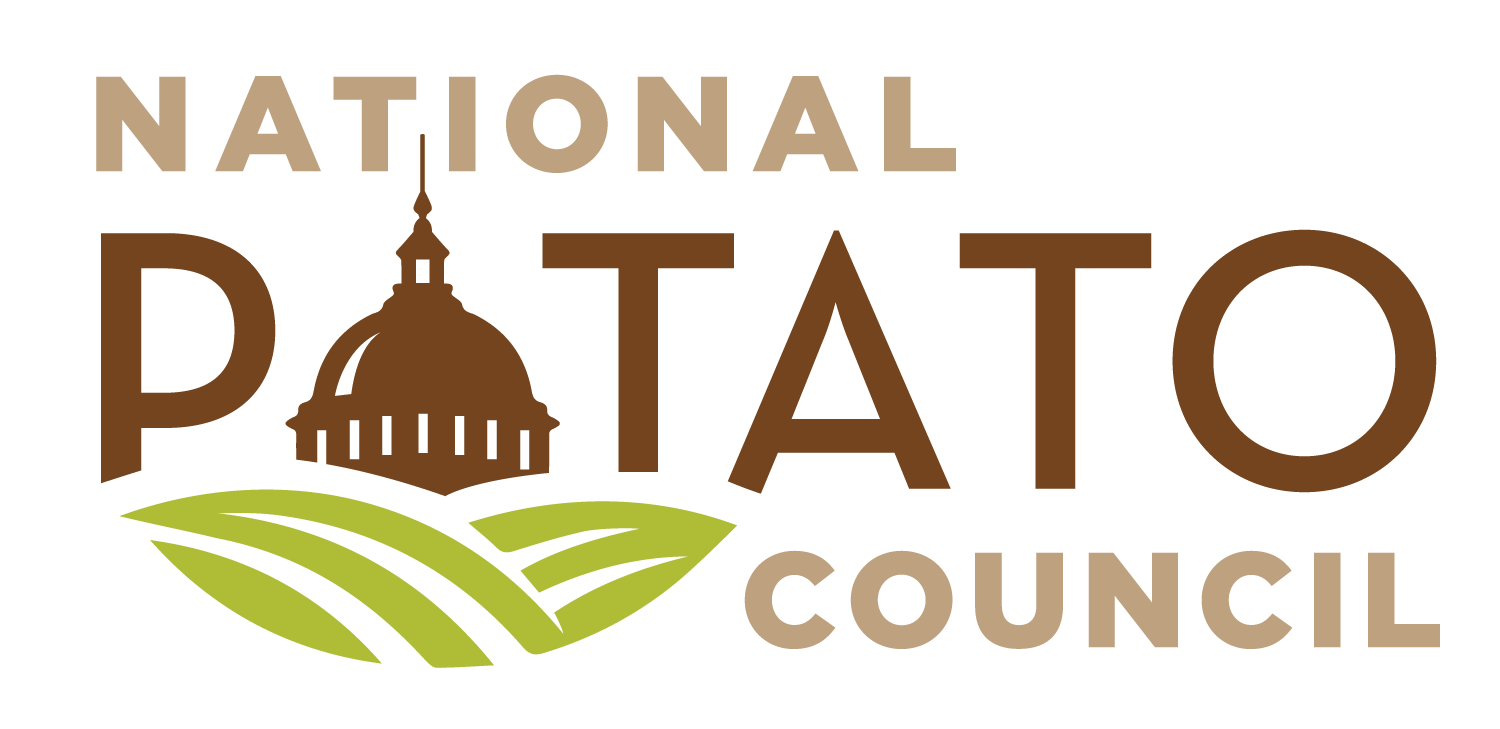Bill would prevent government regulatory overreach to impact family farms

On Sept. 28, 2022, Congressman Frank Lucas (R-Okla.) introduced the Protect Farmers from the SEC Act, a bill that would prohibit the U.S. Securities and Exchange Commission (SEC) from requiring publicly traded companies to disclose the greenhouse gas emissions from farms and ranches in its value chain.
“If finalized in its current form, the SEC’s climate disclosure rule would reach into every corner of U.S. agriculture, all the way down to our family farms,” said Jared Balcom, National Potato Council 2022 President and potato grower from Washington state. “The costs and burdens to comply with this new mandate from a Wall Street regulator would be devastating for rural America. We appreciate Congressman Lucas and the 101 original cosponsors of the Protect Farmers from the SEC Act for supporting American agriculture by opposing this governmental overreach.”
Specifically, the Protect Farmers from the SEC Act would:
- Prohibit the SEC from requiring an issuer of securities to disclose greenhouse gas emissions from upstream and downstream activities in the issuer’s value chain arising from a farm;
- Defines the production, manufacturing, or harvesting of an agricultural product through the Agricultural Marketing Act of 1946, outlines upstream and downstream activities, and defines greenhouse gases; and,
- Removes the SEC’s exemptive authority in relation to this Act.
This summer, NPC filed public comments opposing the SEC’s proposed rule. Additionally, during the NPC 2022 Summer Meeting, the Board of Directors formally adopted a new policy position opposing SEC’s proposed rule, stating that this significant government regulatory overreach would severely impact family farms.
As currently written, the rule would require publicly traded companies to disclose their direct (Scope 1), energy/electricity consumption (Scope 2), and supply chain emissions (Scope 3). As interpreted by many in the agriculture community, the Scope 3 reporting requirements would create a burden on downstream food producers who supply publicly traded processors, restaurants, and retailers.
Click here for more information about the bill and the list of co-sponsors.

